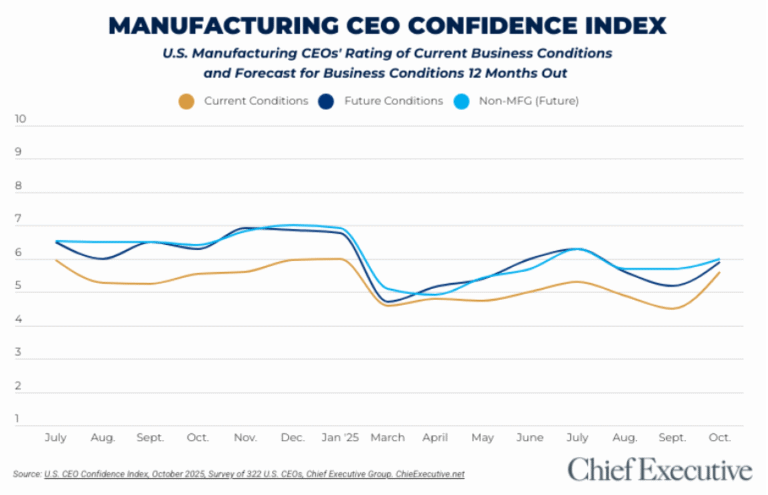


Most companies have adopted policies around DEI—diversity, equity and inclusion—although the effectiveness and impact are still in question. Yet, in what is undeniably an employee’s market, there is no time to rest when it comes to creating an equitable workplace. It’s time to build the “B”—to create a culture of belonging—even as you work to effectively foster DEI among your team.
Belonging means employees feel seen, feel their work is acknowledged and valued, and feel listened to by leaders and colleagues. It means they feel comfortable sharing their thoughts and ideas. It’s an emerging must-have in today’s workplace.
In a culture of belonging, everyone recognizes the importance of listening to – and truly hearing – their colleagues. Employees respect each other’s skills, abilities and backgrounds.
It’s a simple concept, but it’s tricky to put into practice, especially today with about a third of U.S workers still working from home, which can, sometimes, cause disconnectedness and misunderstandings.
There are several strategies you can employ to build belonging in your workplace:
● Create a consistent, frequent meeting structure. With so many virtual and hybrid workers and workplaces, touching base regularly is more important than ever.
● Acknowledge people’s work. Do this often. It doesn’t have to be formal. Even just a quick email or call saying, “Hey, I really appreciate what you did last week.” The point is to make this a practice.
● Regularly connect as a team. Do this at least every other week to give team members a chance to interact with each other. Additionally, this builds trust and understanding among team members creating an environment where people feel safe to be themselves.
● Take time to know and understand your team. Assessment tools can provide insight into how members of your team learn, think, and communicate best. Some options to consider include Working Genius, the DISC Personality test, and the Predictive Index. Don’t keep the results to yourself. To truly build belonging, let your team members understand each other, too.
● Recognize and leverage each person’s unique skills and career goals. Be intentional about providing opportunities for them to use these skills in projects or initiatives, and help them sharpen the skills that will contribute to their future careers.
As a leader, you may have worked with teams that lacked a culture of belonging. And you saw the signs among employees, though you may not have recognized them as stemming from a lack of belonging: frustration, testiness, a lack of interest. All of which can hurt productivity and derail success.
According to an annual Gallup workplace survey, only three in 10 U.S. employees say their opinions count. When workers speak up, nothing happens, leading to low morale and a sense of helplessness.
In contrast, creating a culture of belonging has tangible benefits. If managers could get the number of employees who feel their opinions count to six in 10, turnover could be reduced by as much as 27 percent and productivity increased by 12 percent, according to the same study.
It’s important to remember what a culture of belonging does not do. It does not prevent you from holding your team accountable or setting high expectations and holding tough conversations when need be. But it does dictate how those conversations sound. If you have built a culture where your people know the goals and feel valued, they’ll understand that feedback is coming from a place of helpfulness.
Building a culture of belonging takes effort. But it’s vital. Without one, you could needlessly struggle with underperformance and retention of talent.
It used to be thought that strong, effective leaders could coax employees into working hard, creating a team spirit around company goals. But if your team members don’t feel listened to, appreciated and in control of their careers, chances are they’re not giving it their all. And they might eventually just walk out the door and never return.



0

1:00 - 5:00 pm
Over 70% of Executives Surveyed Agree: Many Strategic Planning Efforts Lack Systematic Approach Tips for Enhancing Your Strategic Planning Process
Executives expressed frustration with their current strategic planning process. Issues include:
Steve Rutan and Denise Harrison have put together an afternoon workshop that will provide the tools you need to address these concerns. They have worked with hundreds of executives to develop a systematic approach that will enable your team to make better decisions during strategic planning. Steve and Denise will walk you through exercises for prioritizing your lists and steps that will reset and reinvigorate your process. This will be a hands-on workshop that will enable you to think about your business as you use the tools that are being presented. If you are ready for a Strategic Planning tune-up, select this workshop in your registration form. The additional fee of $695 will be added to your total.

2:00 - 5:00 pm
Female leaders face the same issues all leaders do, but they often face additional challenges too. In this peer session, we will facilitate a discussion of best practices and how to overcome common barriers to help women leaders be more effective within and outside their organizations.
Limited space available.

10:30 - 5:00 pm
General’s Retreat at Hermitage Golf Course
Sponsored by UBS
General’s Retreat, built in 1986 with architect Gary Roger Baird, has been voted the “Best Golf Course in Nashville” and is a “must play” when visiting the Nashville, Tennessee area. With the beautiful setting along the Cumberland River, golfers of all capabilities will thoroughly enjoy the golf, scenery and hospitality.
The golf outing fee includes transportation to and from the hotel, greens/cart fees, use of practice facilities, and boxed lunch. The bus will leave the hotel at 10:30 am for a noon shotgun start and return to the hotel after the cocktail reception following the completion of the round.